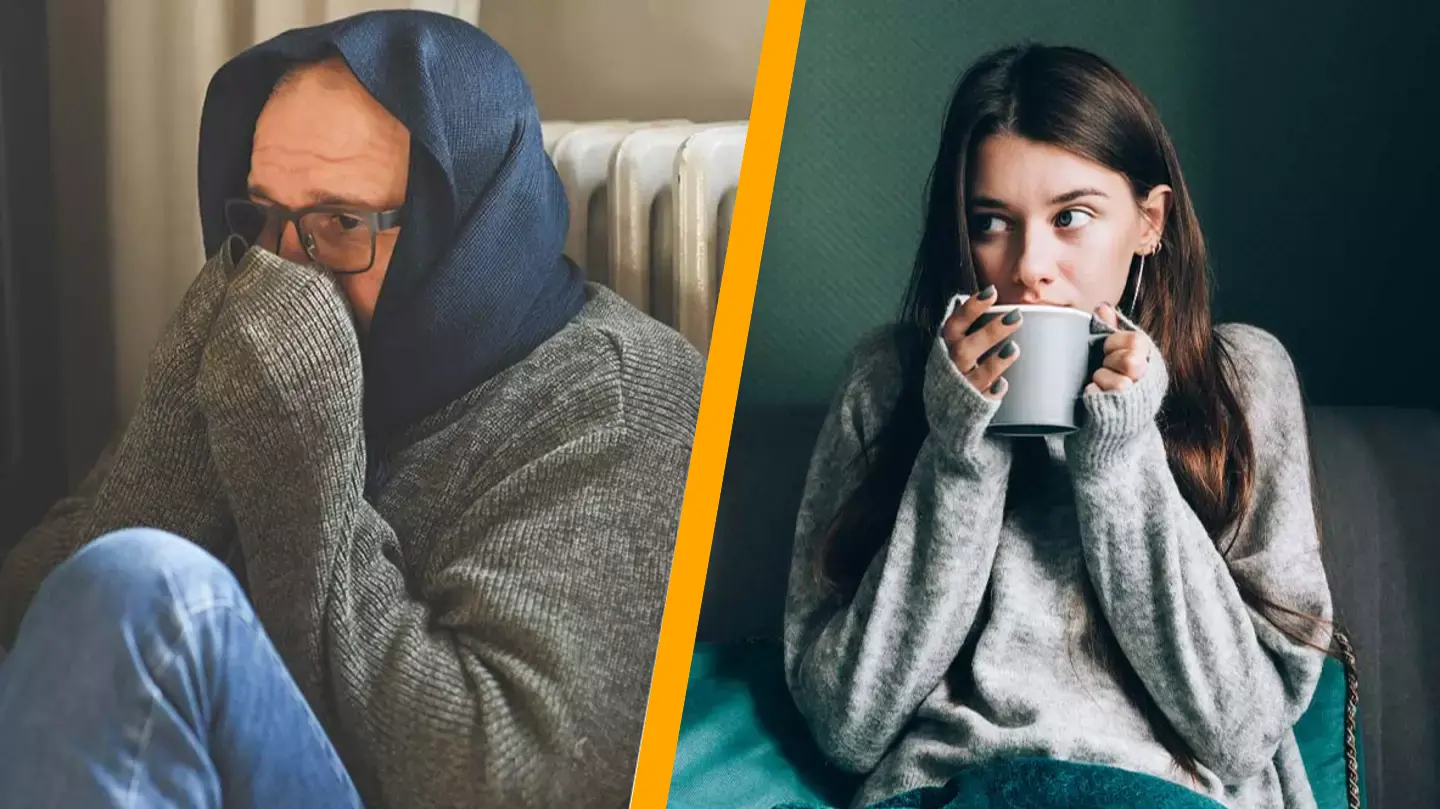A psychologist has expressed concern over the new TikTok ‘winter arc’ trend, cautioning that it could be detrimental to one’s mental health.
Fitness enthusiasts and wellness advocates aiming to start their ‘New Year, New Me’ resolutions early might find themselves participating in the ‘winter arc,’ a challenge suited for the colder months.
Participants of this viral trend are often found rising at the break of dawn to tackle their self-improvement goals before the New Year arrives.
Gymshark, a well-known fitness brand, suggests that the winter arc can commence at any time during October, November, or December.
The brand outlines several essential rules for the challenge, emphasizing daily physical activity and maintaining a balanced diet.
While the winter arc is rooted in self-improvement, some social media influencers have turned it into something negative.
Certain online personalities have encouraged their audience to isolate from social circles, suggesting that enduring short-term discomfort will yield long-term benefits.
The trend echoes the ‘raw dogging’ flight phenomenon, where travelers avoid distractions and focus solely on the flight map.
Psychotherapist Gin Lalli warns that the deprivation of stimuli, hydration, and nutrition associated with raw dogging can elevate stress, cause dizziness, and lead to negative thinking and anxiety.
Concerns have arisen among experts about the implications of extreme self-isolation and pushing oneself for three months.
Offering a healthier perspective on the winter arc, a psychologist named Natalie shared accessible self-improvement tips with The Mirror.
The Mayo Clinic highlights that getting less than seven hours of sleep regularly can lead to various health issues.
Lack of sleep is associated with weight gain, depression, and an increased risk of heart disease, according to the clinic.
“Getting enough sleep is my top recommendation,” Natalie emphasized.
She noted, “Some Winter Arc influencers are telling people to wake up super early in the morning for the sake of it, but these behaviors are rarely necessary.”
The Sleep Cycle app reports that the average wake-up time for US adults is 7:31 am, suggesting that you need not feel pressured to complete tasks and workouts by 6 am, as some Instagram influencers may imply.
Recalling advice from parents or guardians, “Don’t do something just because you saw someone else doing it,” Natalie advises against blindly following extreme routines seen online.
“Much of what influencers say online is geared toward views and virality and doesn’t constitute practical advice,” she stated. “It shouldn’t be taken literally.”
The winter arc often advocates for solitude, urging individuals to focus on self-improvement without distractions.
Some influencers even recommend avoiding dating to concentrate on solitary workouts.
However, Natalie disagrees with this approach.
She suggests that exercising with a friend can make the experience social and enjoyable.
Working out with a companion can enhance accountability, improve the quality of exercise, and introduce a healthy competitive spirit.
Engaging in this extended three-month social media trend might seem appealing, but abruptly changing your lifestyle is not always sustainable.
“Avoid setting unachievable goals,” advises Natalie. “These can cause immense stress and push people past their limits. Make them sustainable to build momentum toward them.”
Behavior psychologist James Clear recommends starting small and gradually building healthy habits, such as gym routines or early morning swims, rather than diving in too quickly.
If you’re struggling to maintain a habit, keep in mind that it can take between 18 to 254 days for one to form, according to the Calm app.
Physical exercise, a balanced diet, and mindfulness practices should stem from personal desire, not obligation.
Approaching self-improvement with negativity can harm mental health, warns the psychologist.
Instead, Natalie suggests tackling manageable challenges with self-love as the foundation.

